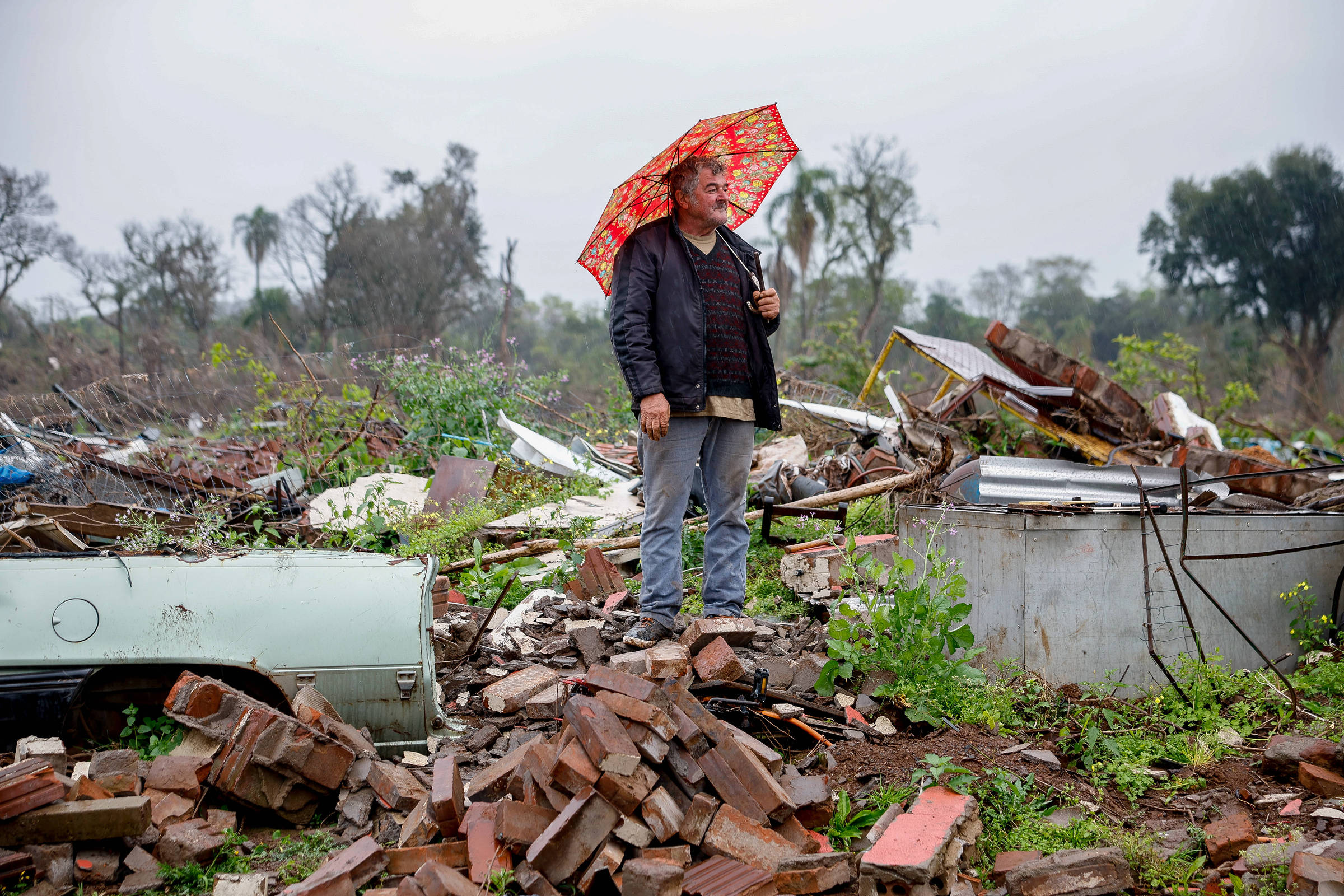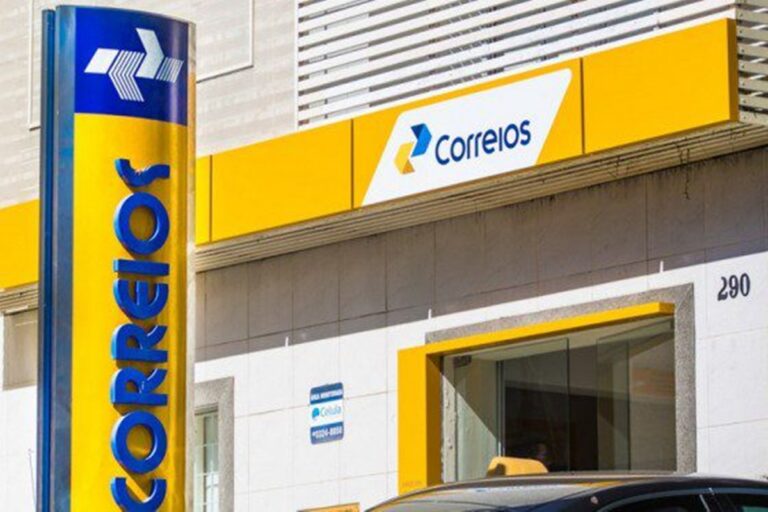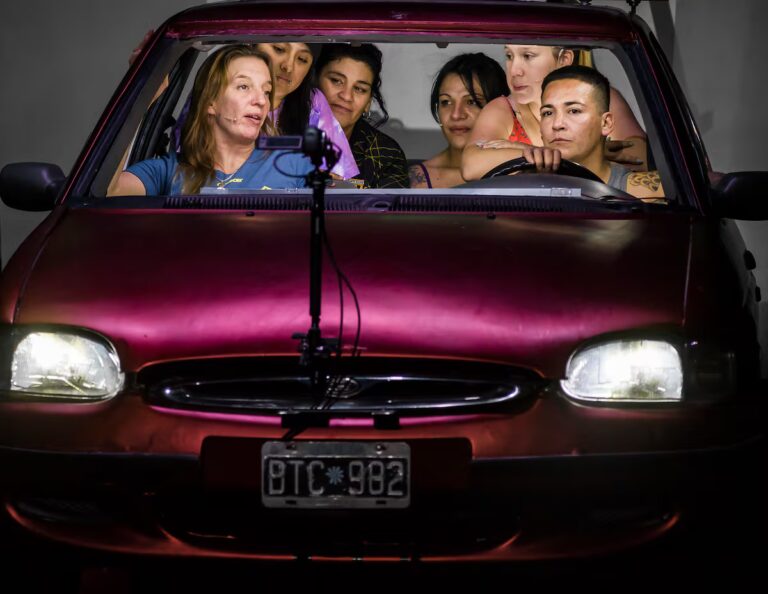
A year ago, the floods that devastated Rio Grande do Sul affected more than 2.4 million people and exposed our weaknesses in the face of the climate crisis.
As a member of a family from Rio Grande do Sul, I felt ill-equipped to respond to emergencies. We have had to rethink how we respond to disasters and plan for a more resilient future.
From this call and a generous donation from the Helda Gerdau Institute and Gerdau, RegeneraRS was born. RegeneraRS is a catalytic fund that approaches rebuilding based on a multi-stakeholder vision and the belief that regeneration is a fundamental need.
Articulating the various stakeholders at such a sensitive moment was an exercise of trust and collective responsibility. RegeneraRS’ agile governance is one of our greatest achievements.
Working with transparency and common purpose has generated social capital, attracted new resources and, more importantly, strengthened cooperation between sectors.
R$42 million was raised for investment over two years, R$15 million was considered, and over R$200 million was leveraged for the project, with a multiplier effect of 18.8x.
These results convince us that the resources of organized civil society and philanthropy can have transformative power when aligned, collaborative, and clear in purpose.
We decided to focus on four priority areas: education, housing, business support and urban solutions.
In education, in addition to rebuilding affected schools, we supported the state Department of Education in developing the 2025-2035 Agenda, a public policy that will guide education in Rio Grande do Sul over the next 10 years. Unfortunately, we cannot stop learning in the face of extreme weather events that are no longer the exception.
Housing was a social and human priority. We are helping build homes in hard-hit municipalities and training more than 500 construction workers. Income generation and local autonomy are pillars of dignity.
Rebuilding a house means rebuilding a life. In our economic recovery, we focused on small businesses and small businesses. These businesses will be the first to feel the impact and will have the most difficulty getting back on their feet and accessing credit and any support.
Through Sebraetec Supera, more than 11,500 entrepreneurs received professional guidance. Blended finance initiatives such as Estímulo Retomada have brought accessible credit to more than 100 municipalities.
Rebuilding local businesses strengthens communities. Looking ahead to the coming year, RegeneraRS will continue to explore solutions to make cities more resilient and permeable, and better prepared for increasingly intense and frequent climate change.
This means investing in urban planning, smart infrastructure, monitoring technology, and nature-based solutions, all with community participation.
The regeneration we seek comes from our communities: well-drained roads, permeable parks, resilient schools, safe housing, and policies that learn from tragedy.
If Rio Grande do Sul wants to ensure that it not only stands up, but becomes resilient and responsive, we need to transform our cities into spaces that protect life and promote dignity.
This is the future we choose to build together.
Link exists: Did you like this text? Subscribers can access it for free up to 7 times a day from any link. Click on the blue “F” below.



